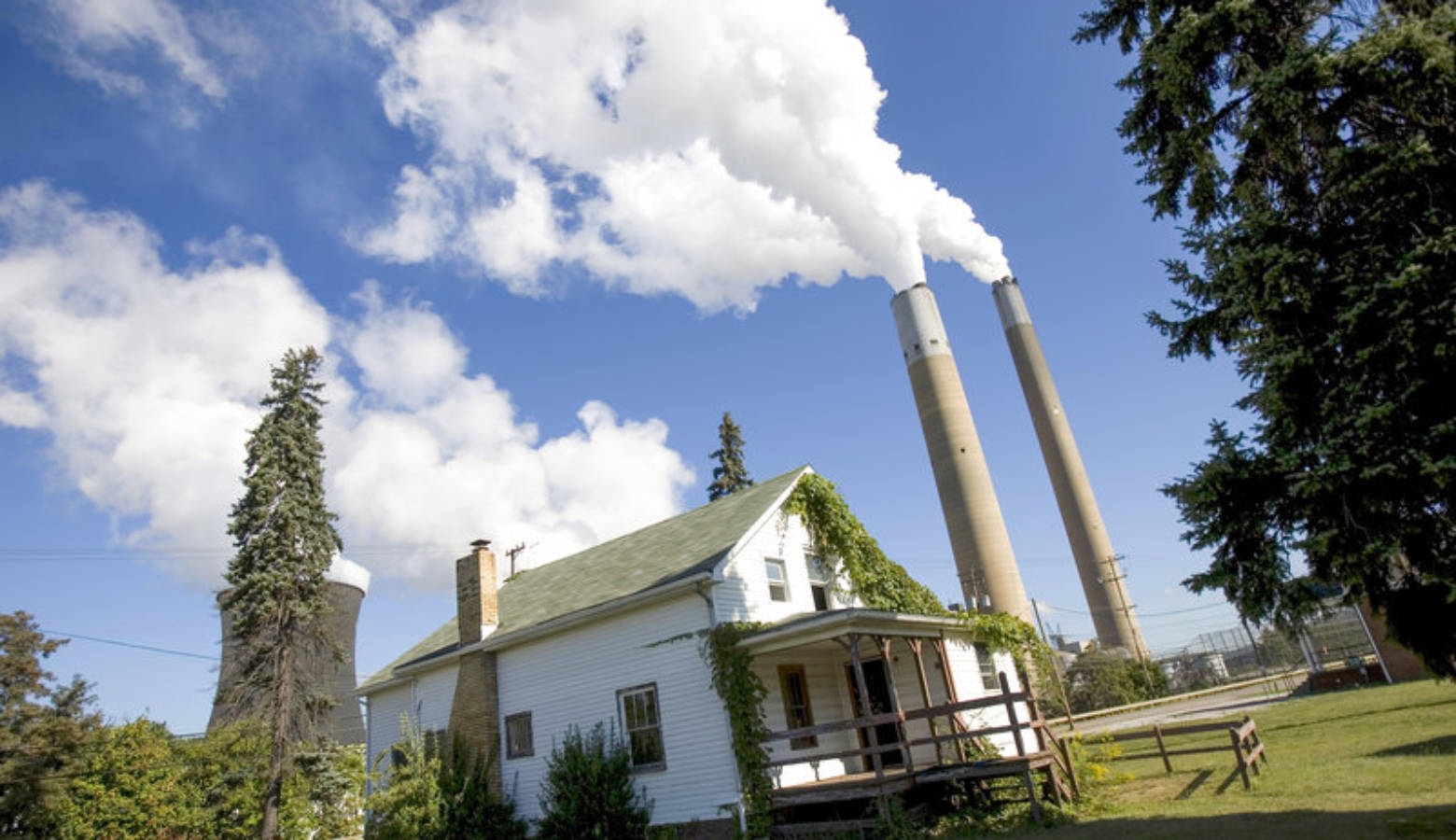Indiana Drawdown: What Are the Most Viable Ways To Reduce The State’s Emissions?

A global group of scientists, researchers, leaders, and activists say they’ve come up with the most viable solutions for combating climate change. An Indiana branch of the group Project Drawdown wants to figure out how the state can help.
Daniel Poynter who founded Indiana Drawdown says farmers have a role to play in the state. Conservation practices like no-till and growing cover crops help to trap carbon in the soil.
“There’s a few farmers throughout Indiana who are already doing these things. We just need to scale them up,” he says.
Poynter says Indiana could also drastically reduce its emissions by making its buildings more energy efficient. The American Council for an Energy Efficient Economy has ranked Indiana 40th in energy efficiency and environmentalists say the state hasn’t done much to encourage that number to go up.
The state’s energy efficiency resource standard was repealed in 2014 and energy efficiency rules for homes haven’t been updated in several years.
Oddly enough, Indiana farmers can help with energy efficiency too. The International Energy Agency says cement manufacturing produces about seven percent of the world’s greenhouse gas emissions — but there’s a greener alternative.
“So hempcrete is a quickly growing industry and it actually, when you build the building, your house can actually be carbon negative,” Poynter says.
Poynter says refrigeration is also a big source of emissions, but only one grocery store in Indiana has been GreenChill certified by the Environmental Protection Agency — the Meijer in West Lafayette.
Poynter will give a talk at 10 a.m. on Friday, Oct. 25 at Indiana University in Bloomington. You can also see it via webcast.
Contact Rebecca at rthiele@iu.edu or follow her on Twitter at @beckythiele.
Indiana Environmental reporting is supported by the Environmental Resilience Institute, an Indiana University Grand Challenge project developing Indiana-specific projections and informed responses to problems of environmental change.
